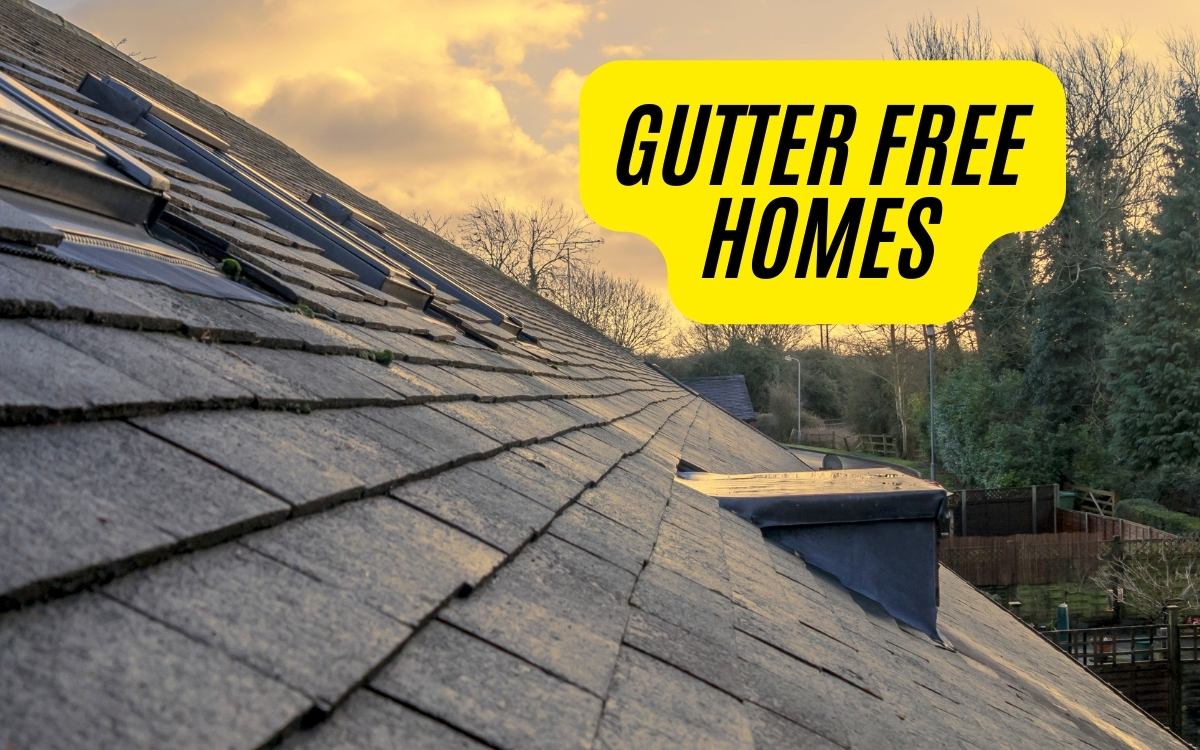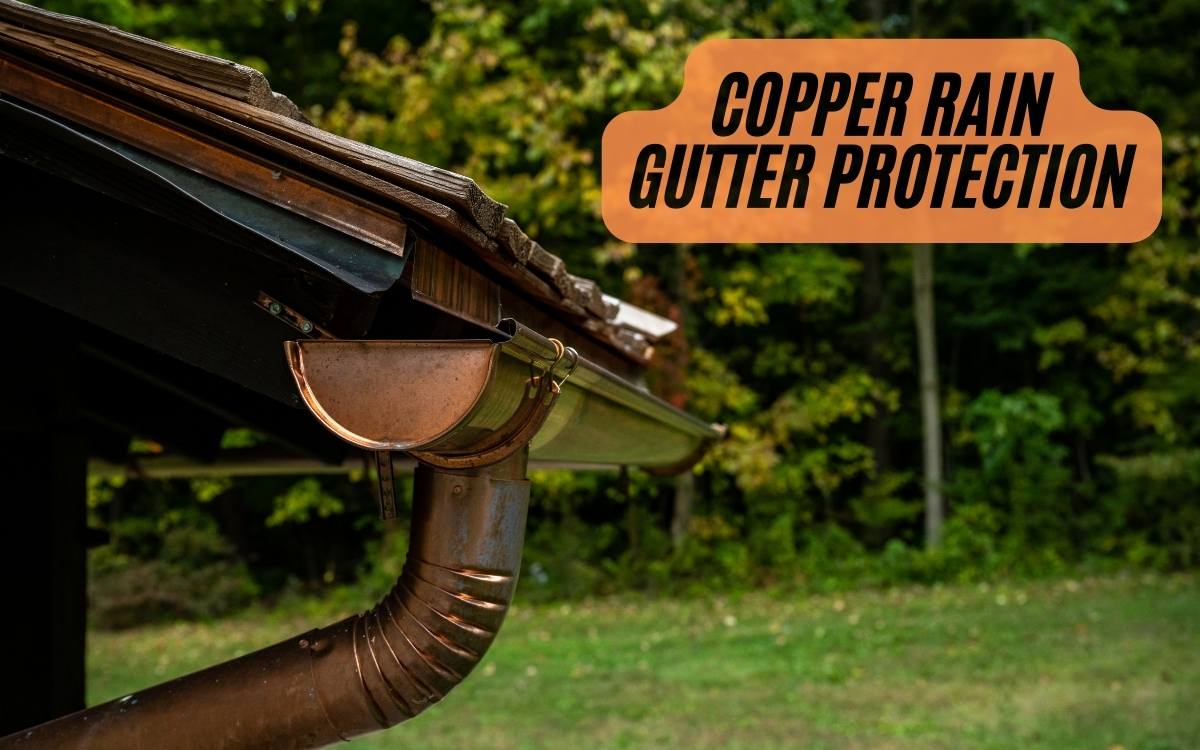FOUNDATION FLAWS: Hidden Dangers Lurk
Foundation flaws can have devastating consequences, including structural damage, water damage, and even health risks, making it vital for homeowners to address these issues promptly. A strong foundation is essential for a home's safety and value, and neglecting problems can lead to costly repairs and even catastrophic consequences. By identifying warning signs, such as cracks in walls and uneven floors, homeowners can take proactive measures to prevent further damage. Regular inspections and maintenance are key to ensuring a safe and secure home, and understanding the importance of a solid foundation is the first step in protecting your most valuable investment, and there's more to uncover.
Hidden Dangers of Neglect
Foundation problems can be a ticking time bomb, and neglecting them can lead to catastrophic consequences.
Unaddressed foundation issues can cause structural damage, affecting the home's overall safety. Water damage, mold, and mildew can also occur, posing health risks to occupants.
Additionally, unfixed foundation problems can decrease the home's value and lead to more significant safety hazards.
It is essential to address foundation issues promptly to prevent further damage. Neglecting these problems can result in extensive and costly repairs down the line.
The Crucial Role of Foundations
Routinely, a home's structural integrity relies on a single, critical component: its foundation.
A strong foundation protects the home from sinking, structural issues, water damage, and other problems. It evenly distributes the building's weight to the ground, offering more stability and preventing other building parts from overloading.
A well-designed foundation keeps the house upright and prevents structural damage. It is the lowest part of the property's structure, setting it apart from the ground.
A secure and intact foundation prevents water and structural damage, ensuring the home's overall safety.
Identifying Foundation Warning Signs
Several telltale signs can indicate foundation problems, and being aware of these warning signs is essential for homeowners to address any issues promptly.
Cracks in walls and ceilings, uneven floors, and sticking doors are all red flags that warrant attention. Additionally, water damage, mold, and mildew can be indicative of underlying foundation issues.
Regular inspections can help identify these warning signs early on, allowing homeowners to take proactive measures to prevent further damage. By staying vigilant and addressing these signs promptly, homeowners can avoid more extensive and costly repairs down the line.
Preventing Water Damage and More
Water damage and mold growth are common consequences of unchecked foundation problems.
Preventing these issues is vital to maintaining a safe and healthy living environment. By taking proactive measures, homeowners can avoid costly repairs and guarantee their home remains structurally sound.
To prevent water damage and more, consider the following:
- Make the foundation waterproof to prevent water seepage
- Improve garden grading to direct water away from the foundation
- Install downspouts and gutters with splash-proof gutter guards for waterproofing the home
- Fix diagonal cracks as soon as possible to prevent further damage
- Check for leaks and stains regularly, and patch them when applicable to prevent water damage
The Repair Process Explained
Foundation repair is a complex process that requires careful planning, precise execution, and attention to detail.
The average time to fix foundation issues is a few weeks, depending on the extent of the damage. The size of the foundation and weather conditions can affect the repair process, and undiscovered issues can extend the project's duration.
To guarantee a successful repair, receive estimates from local foundation repair experts, comparing prices and services to choose an experienced and reputable professional. Typical foundation repairs cost between $2,000-$7,500.
A thorough understanding of the repair process can alleviate concerns and confirm a successful outcome, restoring your home's structural integrity and providing peace of mind.
Importance of Regular Inspections
Regular inspections are crucial to identifying potential foundation problems early on, allowing homeowners to address issues before they escalate into costly and time-consuming repairs.
By catching foundation flaws early, homeowners can avoid the financial burden and stress that comes with ignoring these issues.
Regular inspections can help identify potential problems, such as:
- Cracks in walls and ceilings
- Uneven floors and door frames
- Water damage and mold growth
- Shifts in the foundation
- Unusual sounds or smells
Buying and Selling With Issues
Many homeowners and buyers wonder if it's possible to buy or sell a house with existing foundation problems.
The answer is yes, but it's vital to approach the situation with caution.
Concealing foundation problems is not illegal, but it's better protocol to amend the issues before listing the property.
Disclosure of foundation problems can impact the sale price, and buyers should inspect the property for foundation issues before purchase.
Living in a house with foundation issues is possible, but regular inspections are vital to identify problems early and prevent further damage.
Addressing foundation issues promptly can prevent safety hazards and costly repairs.
Safety and Maintenance Essentials
Five critical measures can substantially mitigate the risks associated with living in a house with foundation problems.
Regular inspections, repairs, and maintenance can prevent further damage and guarantee the home's structural integrity.
- Regularly inspect walls and ceilings for cracks, signs of water damage, and mold or mildew.
- Verify cabinets and furniture are securely in place, indicating a sound foundation.
- Check for uneven floors, walls, or ceilings, which can indicate foundation issues.
- Improve garden grading and install downspouts and gutters with splash-proof gutter guards for waterproofing.
- Fix diagonal cracks as soon as possible to prevent further damage.
Frequently Asked Questions
Can Foundation Problems Cause Health Issues for Homeowners and Their Pets?
Yes, foundation problems can pose health risks to homeowners and their pets by creating an environment conducive to water damage, mold, and mildew growth, which can exacerbate respiratory issues, allergic reactions, and other health concerns.
Do Foundation Repairs Affect the Home's Resale Value?
Foundation repairs can substantially impact a home's resale value, as unaddressed issues can lead to decreased value, while timely repairs can maintain or even increase the property's market worth, making it more attractive to potential buyers.
Are DIY Foundation Repairs a Good Idea for Homeowners?
While DIY foundation repairs may seem cost-effective, they can lead to further damage and safety hazards if not executed properly, making it generally inadvisable for homeowners to attempt repairs without professional expertise and guidance.
Can Foundation Problems Be Covered by Homeowner's Insurance?
Homeowner's insurance typically does not cover foundation problems, as they are considered maintenance issues rather than sudden events; however, some policies may cover damage caused by foundation issues, such as structural damage or water damage.
How Often Should Homeowners Inspect Their Foundation for Potential Issues?
Homeowners should inspect their foundation annually, or bi-annually in areas prone to natural disasters or extreme weather, to identify potential issues early, preventing costly repairs and ensuring the safety and integrity of their home.



